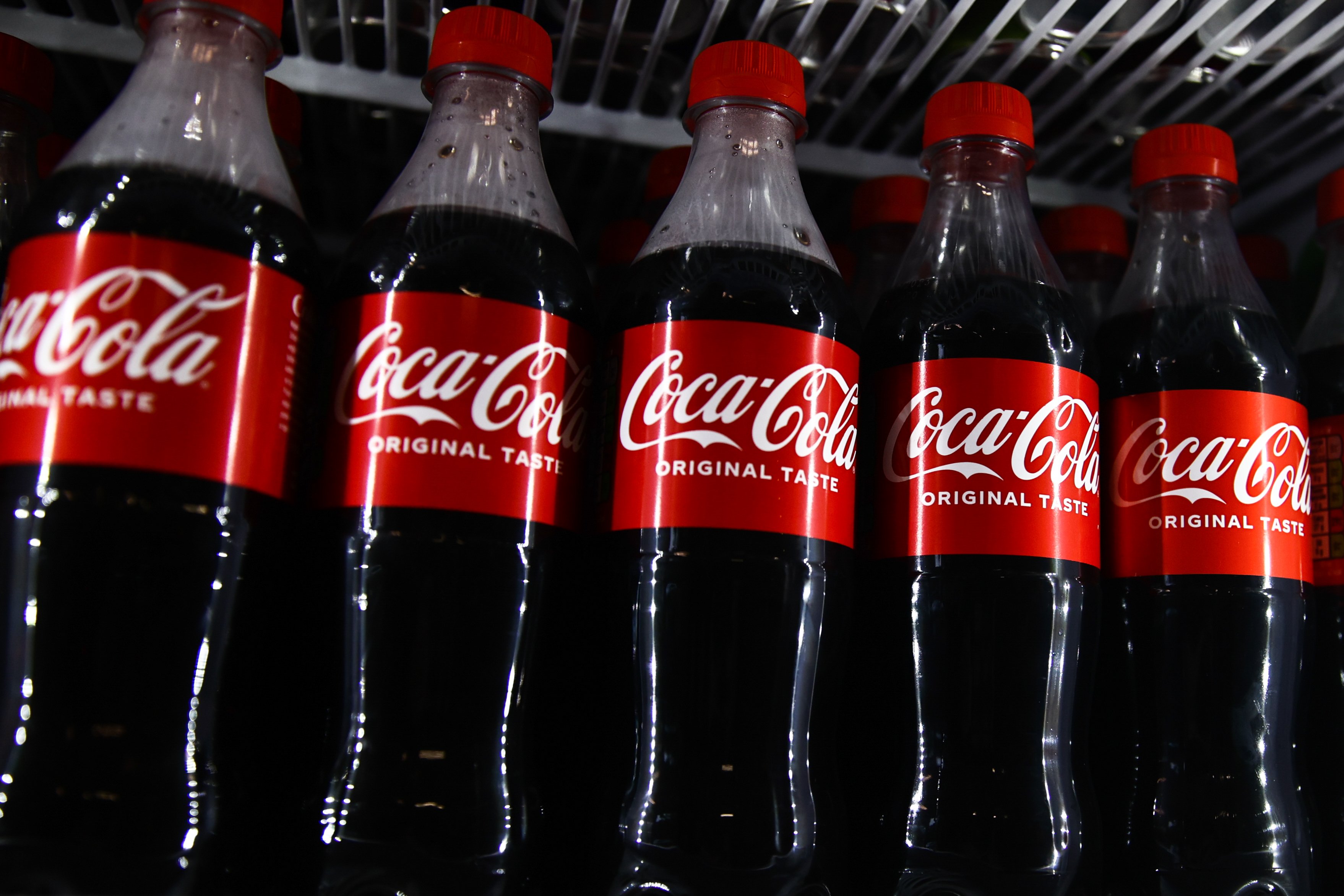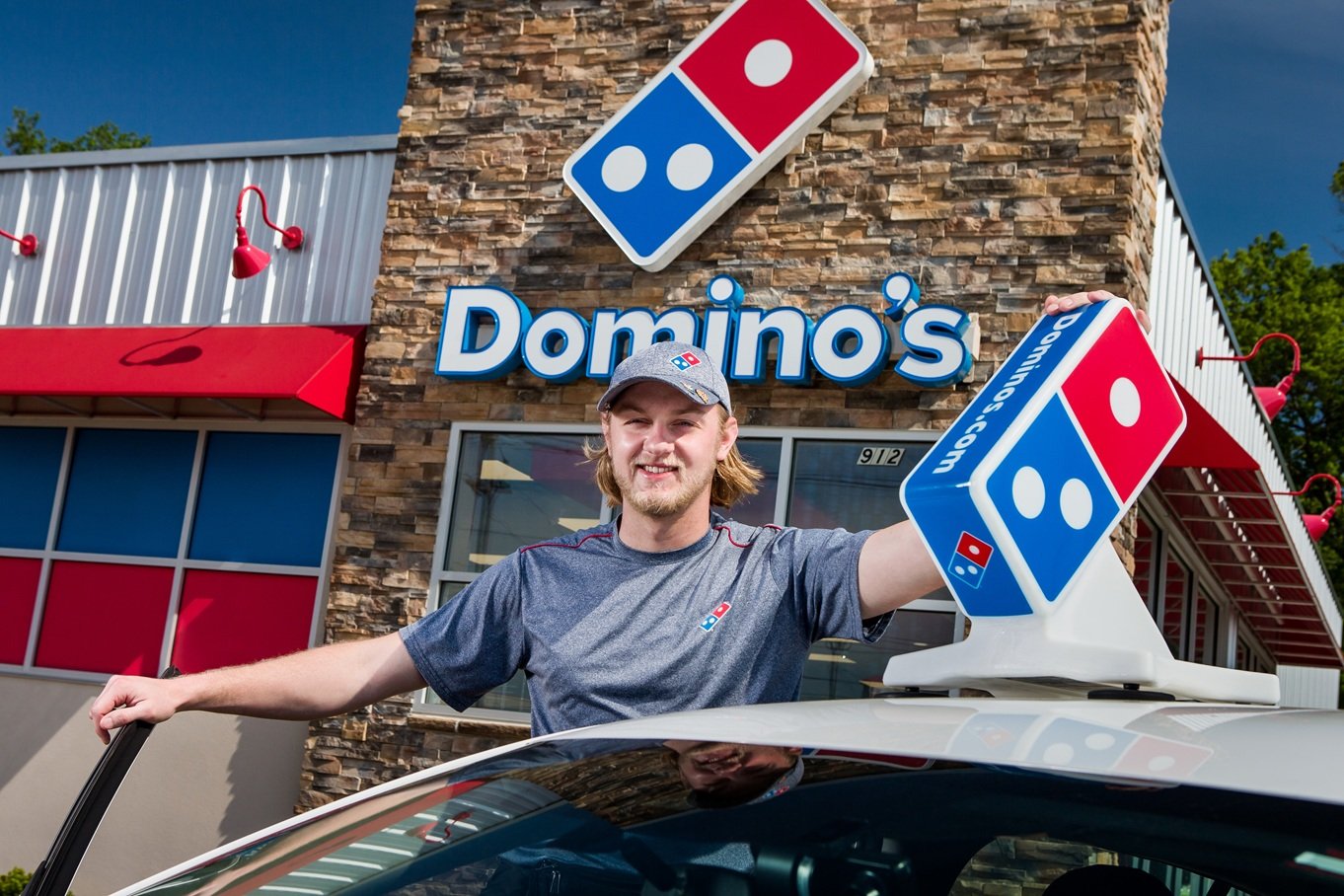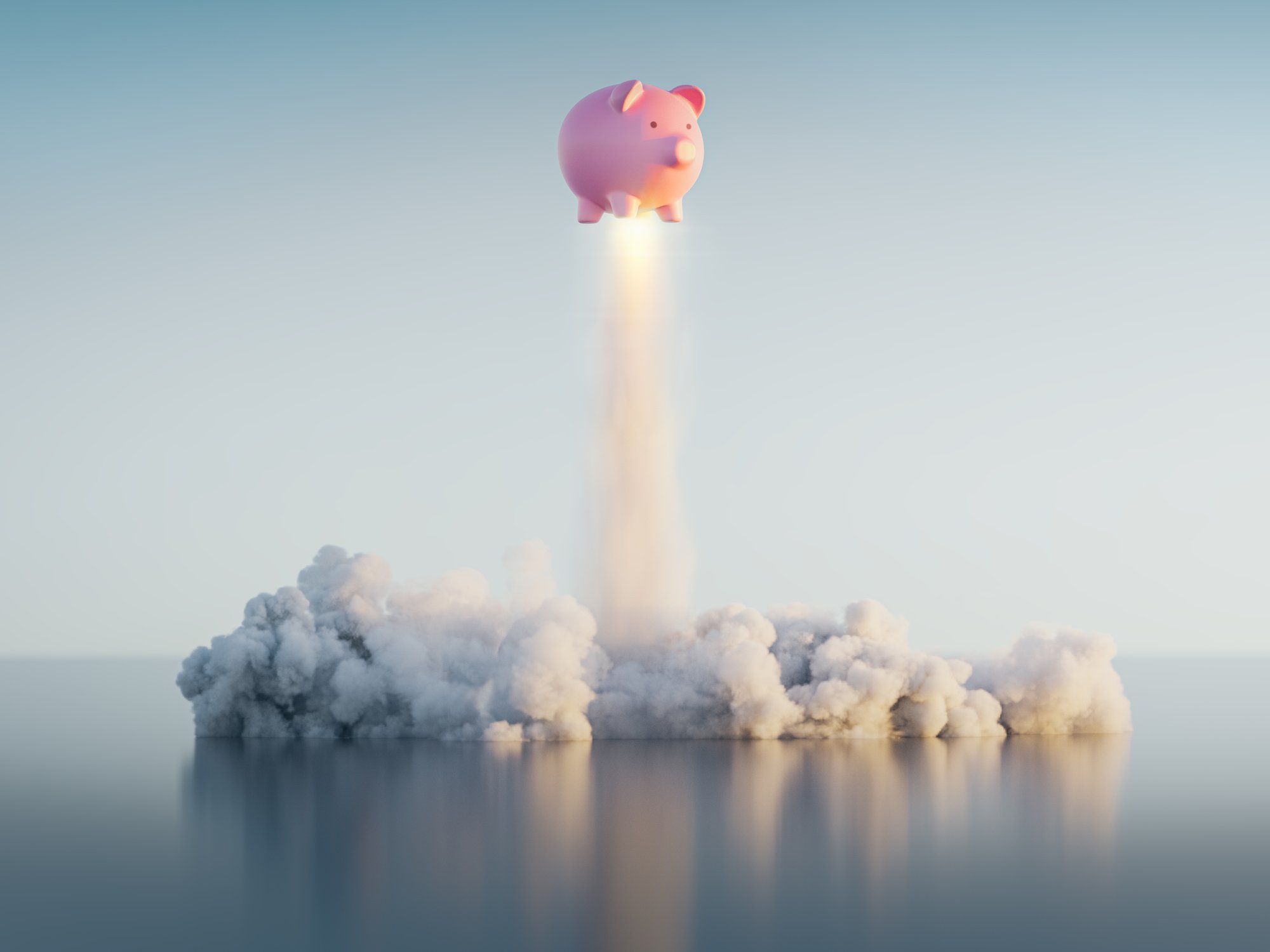One of the numerous side effects of a global coronavirus pandemic is that it might lead some people to focus more on their health. How might they do that and what companies could be affected by that trend?
Based on extensive research from Harvard University and the U.S. Centers for Disease Control and Prevention (CDC), cutting out refined sugar and simple carbohydrates has been shown as an effective way to improve health. Bad diets increase the risk of liver and heart disease, as well as diabetes. The more natural a diet can be, the better.
Snack and beverage companies Coca-Cola (KO +0.86%) and PepsiCo (PEP +1.49%) feature several consumer products containing exactly what health experts say people should avoid. With COVID-19 disproportionately harming individuals with heart disease and/or obesity, diet has taken on and additional urgent, potentially life-saving public health focus. Even as the pandemic subsides, non-pandemic health concerns and eating and drinking habits that aggravate them will not. For Coke and Pepsi, this systemic shift might hurt the company's bottom line and subsequently have adverse effects on the health of their stocks.

Image source: Getty Images.
Coke and Pepsi's similar response
Management for both Coke and Pepsi responded to shifting diet trends years ago in relatively similar ways that emphasized diversifying their product offerings. Pepsi acquired products such as Gatorade, Tropicana, Doritos, and Cheetos; Coke acquired Powerade, Gold Peak Tea, Minute Maid, and Simply Orange. The issue with both strategies is that these product additions contain many of the same simple carbohydrates and refined sugars that caused health-conscious individuals to steer clear of soda. With millions of paleo and keto diet adherents avoiding sugar and simple carb consumption nearly entirely, the shift away from unhealthy food and drink should persist.
The companies have made some efforts to introduce truly healthier products. Coca-Cola life is an alternative to its original soda made with a blend of both Stevia -- a natural sugar alternative -- and organic cane sugar. It even bought organic kombucha maker Organic and Raw Trading Co. to bolster its healthy offerings.
Pepsi's Imag!ne brand offers healthier alternatives to traditional snacks; Pepsi's Sabra brand provides popular hummus dips rich in fiber and protein. The hummus category grows at a hefty 8.8% clip annually. Still, for both companies most sales come from foods and drinks rich in simple carbs and refined sugars. That could be problematic in the longer term.
Another strategy was to add diet versions of some products that used sugar substitutes. But these alternatives had their own issues. Aspartame -- the artificial sweetener found in many Coke and Pepsi products -- has been associated with some of the same issues as sugar. Aspartame has also been linked in a few studies to an enhanced risk of depression and some cancers.
Other studies suggest that consuming artificial sweeteners can enhance cravings for junk food and sweets. There are even issues with Coke and Pepsi's bottled water products. Given certain environmental conditions, the plastic bottles have been shown to release potentially hazardous chemicals into the water they contain.
As public health knowledge and motivation build in response to this pandemic, the public might also seek out alternatives for their diets that don't have the issues some Coke and Pepsi products purportedly have.
Good financials are not enough
It certainly is not all negative news for the iconic brands. The two have enviable balance sheets. Coke's $13 billion in cash and cash equivalents compares to $11 billion for Pepsi. Coke CEO James Quincey and Pepsi CEO Ramon Laguarta have guided their companies to net income of over $1 billion this past quarter. Cash is king during COVID-19, so these two balance sheets should remain points of strength for now. Both stocks still trade relatively well and offer shareholders dividend yields of roughly 3%.
Long term, Quincey and Laguarta will need to continue identifying new avenues for growth to maintain premium payouts as consumer tastes continue changing. Both need to do more in that area.
The two companies face the same consumer headwinds in the long run. COVID-19 was a historic shock to the consumer psyche and may motivate some consumers to choose healthier lifestyles going forward. That is not good for two companies featuring sugary drinks and snack foods as business plans. The financials are fine, but for me there are sweeter stocks to pick from.







